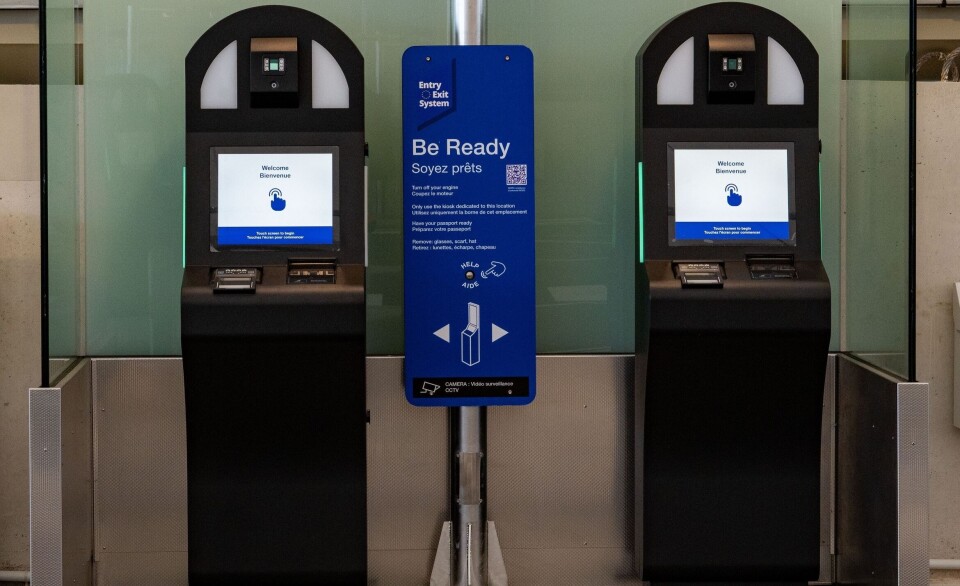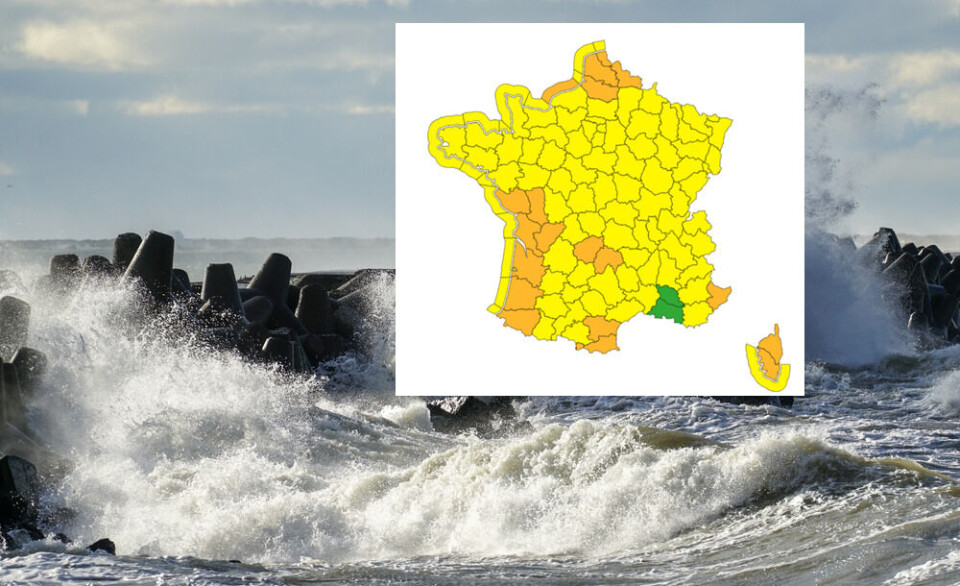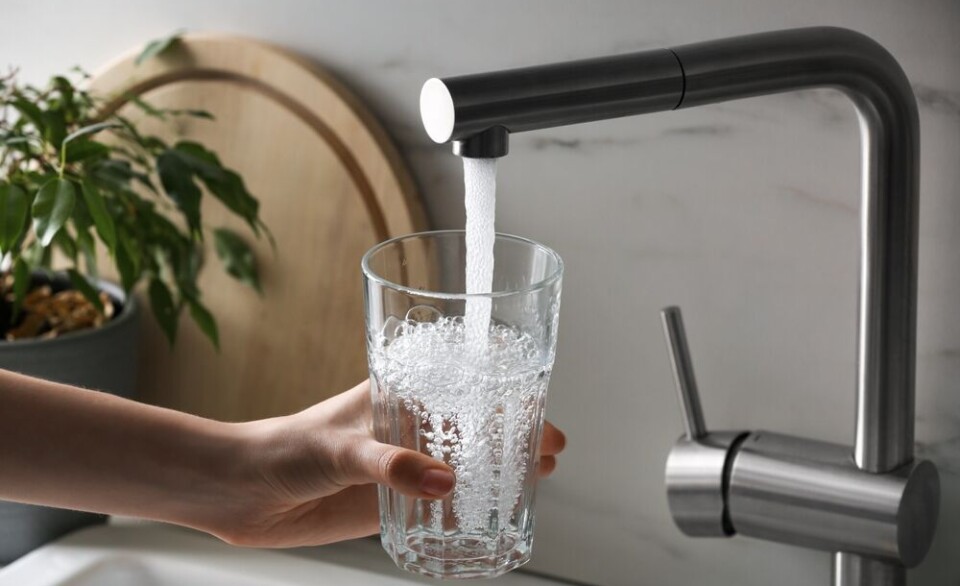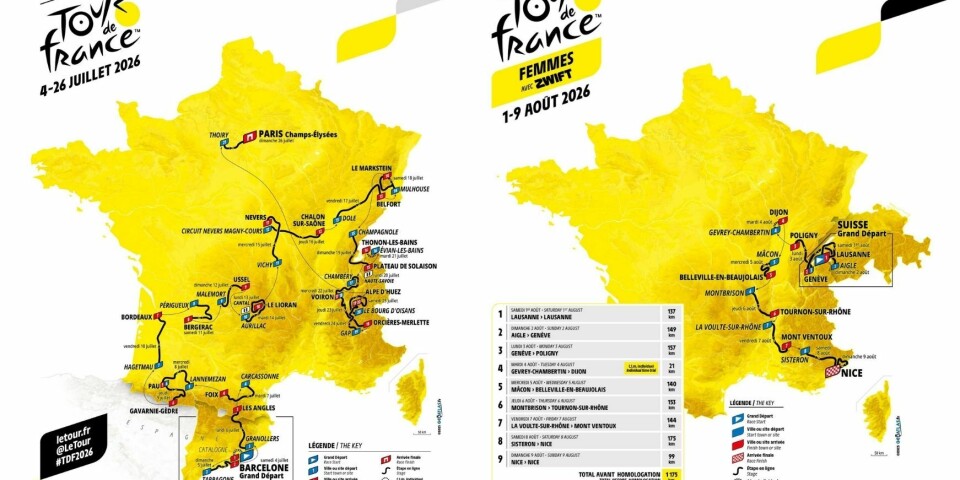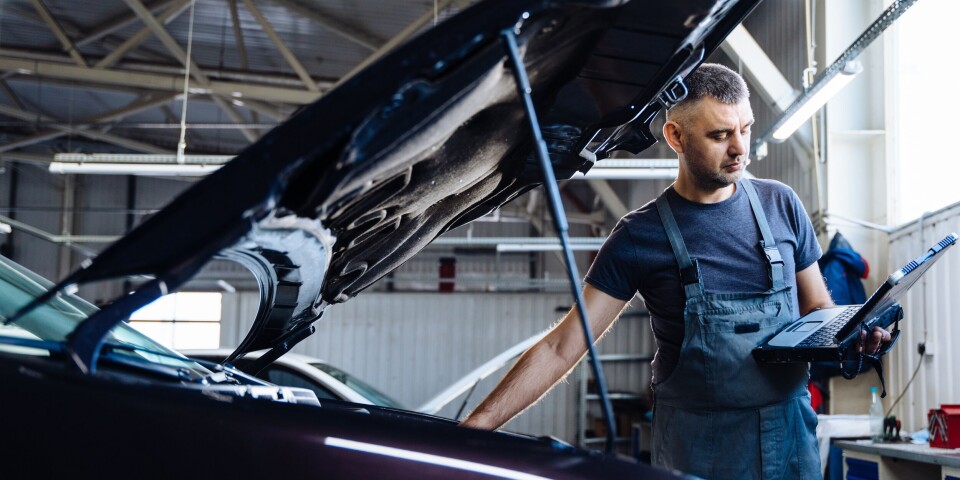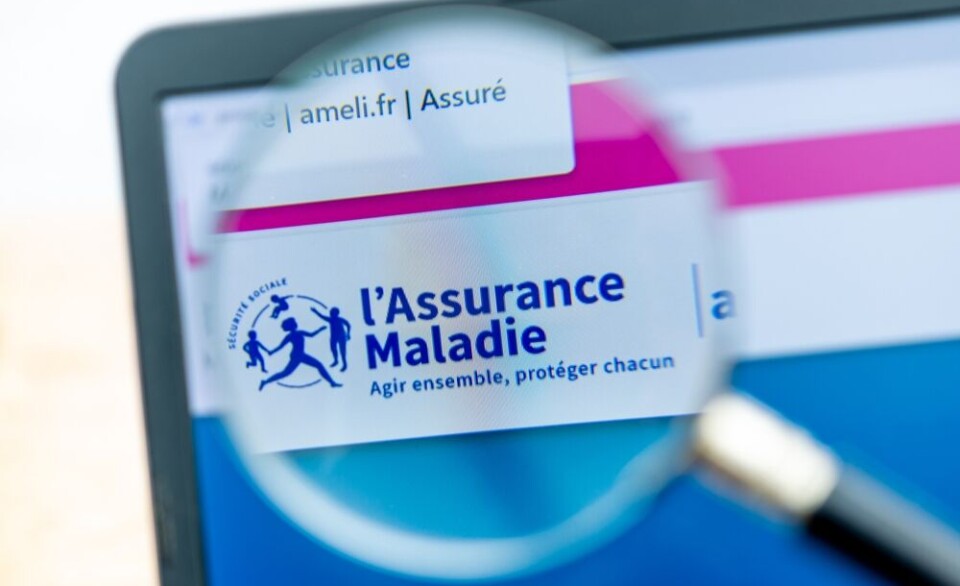-
Tourist dies and seven left injured as Storm Benjamin batters France
The father was swept away while swimming with his children in a river in Corsica
-
Jet2 to return to Bergerac and expands UK routes for summer 2027
Tickets for Ryanair Stansted-Bergerac service are now available to book online
-
French banks trial 'one-click button' to avoid passwords
e-commerce account can be created in less than a minute
Pregnancy in France: timeline of checks
Pregnant women in France have a minimum seven obligatory medical check-ups and will be offered at least three CT scans
FIRST TRIMESTER
Once a home testing kit has confirmed your pregnancy, you need to make an appointment with your GP, who may prescribe iron, folic acid and anti-nausea tablets. You will also get blood-tests for everything under the sun, and possibly urine tests too. You will discuss the available maternity units and hospitals in your area and have a run-down of all the various tests and medical exams you will need, plus forms to declare the pregnancy officially. You will then receive by post a ‘carnet de maternité’ to record all your medical exams, scans and appointments. A first scan is usually done around 12 weeks. You can register at the clinic/hospital/maternity unit where you would like to give birth. You meet the midwife who will follow your pregnancy. It is not too early to start looking for a crêche, as places are limited, especially in towns.
SECOND TIMESTER
You will have monthly appointments with your midwife, who will weigh you, measure your bump, and listen to the baby’s heartbeat. You will be encouraged to be tested for Down’s Syndrome, but this is not obligatory. You will be offered counselling, plus an appointment with a social worker who can explain your eligibility for benefits. At around 22 weeks you will have a second scan at which you can opt to discover the baby’s gender. From the sixth month, everything is 100% reimbursed. You may be asked to write a birth plan, which you can then discuss with your midwife. If you are working officially, notify your employer of your pregnancy, if you have not already done so.
THIRD TRIMESTER
You will have three more appointments with your midwife, more blood-tests and definitely a final scan at 32 weeks. You will start your ‘congé maternité’. You may be offered an appointment with an anaesthetist, in case you want an epidural. You may also have the chance to complete all the paperwork for being admitted to hospital, so that when you arrive – in labour – there is no paperwork to do. You can often ask to see the unit where you plan to give birth, and meet the staff. You may be offered counselling about becoming a parent. Your partner/close family may be offered MMR boosters.
ONCE THE BABY ARRIVES...
Two months after the birth, couples earning combined salaries of less than €45,575 per year (€35,872 for a single salary) will receive ‘la prime à la naissance’ of €923.08.









